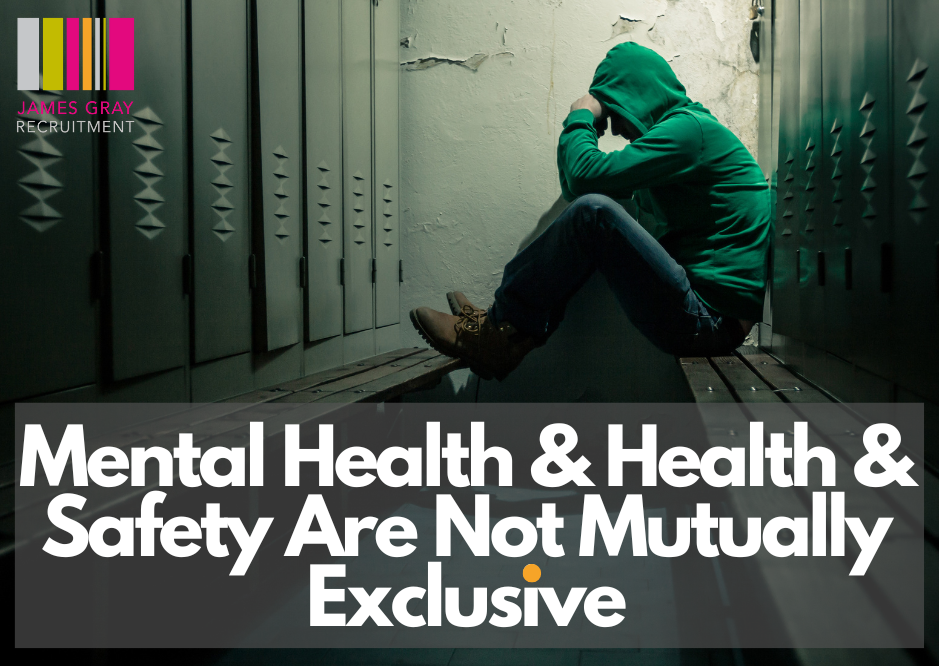
Mental Health and Health & Safety Are Not Mutually Exclusive
In the Mind Matters survey 2022 conducted by Construction News, it was discovered that 59% of the 1,200 respondents did not disclose to their employer the fact that they required time off for mental health. While this number is still concerning, it has improved since CN's last survey about employee mental health in 2019. 72% of employees at the time claimed they couldn't be honest with their employers about why they needed time off.
Here we look at attitudes to mental health within the industry and what can be done to shift this and ensure that mental health is readily accepted as a major factor within health & safety.
The Current Climate
In the current climate, mental health issues are probably more prevalent on construction sites than physical accidents. That shouldn't come as a surprise in a sector that is so committed to managing and reducing safety risk, however it highlights a significant gap in employee welfare and within the supply chain.
The industry as a whole has a high-risk profile, which is why it is necessary to concentrate on risk management for the obvious safety risks like using dangerous equipment, heavy lifting and operating at heights. But is the sector at risk of focusing so strongly on physical health and safety that it neglects the very serious implications of mental health issues to employees both on site and off? Isn't it time that the word "health" demanded equal weight in matters of safety?
There has of course been some positive progress. The stigma surrounding mental health has been actively reduced thanks to campaigns by organisations like Mind, which encourage everyone, men included, to be open and honest about any difficulties they may be experiencing.
There’s still a mountain to climb
There is however still a mountain to climb to ensure that we give mental health issues the same gravitas as physical injury
Many people are fundamentally afraid to acknowledge that a mental health issue may be impairing their capacity to perform their roles. They persevere because they fear that even a brief setback or struggle could lead to a lifetime of stigma in the workplace. The sector has a genuine obligation to work to change that.
You wouldn’t send a worker with a broken leg up on a roof, so why do we expect those who are dealing with hidden, but no less crippling mental health issues to carry on as normal regardless of how it could be harming their safety or professional ability?
How can companies support change?
Of course, policies and legislation have a role to play in promoting an industry wide change in attitude. Risk assessments, for instance, could be broadened to recognize mental health issues, however individual companies must also diversify to ensure that there is a firm support network in place for employees struggling with their mental health.
Many companies are now putting programmes in place for staff, for example with access to an employee assistance phone line, toolbox talks and mental health first-aiders.
For smaller businesses with less resources promoting external support like the 24/7 industry helpline provide by charity The Lighthouse club is a step in the right direction.
In Summary
Of course, the sector cannot afford to be lax when it comes to physical health and safety, it continues to be an essential part of construction work. But it would be foolish at best and irresponsible at worst to ignore a problem just because we can't see it.
It is time for businesses to place the mental health of their teams and supply chains on par with their physical safety. After all, the two are not mutually exclusive.
For more insights on the challenges facing the construction industry please check out our other blogs, or get in touch getus@jamesgraygroup.com

